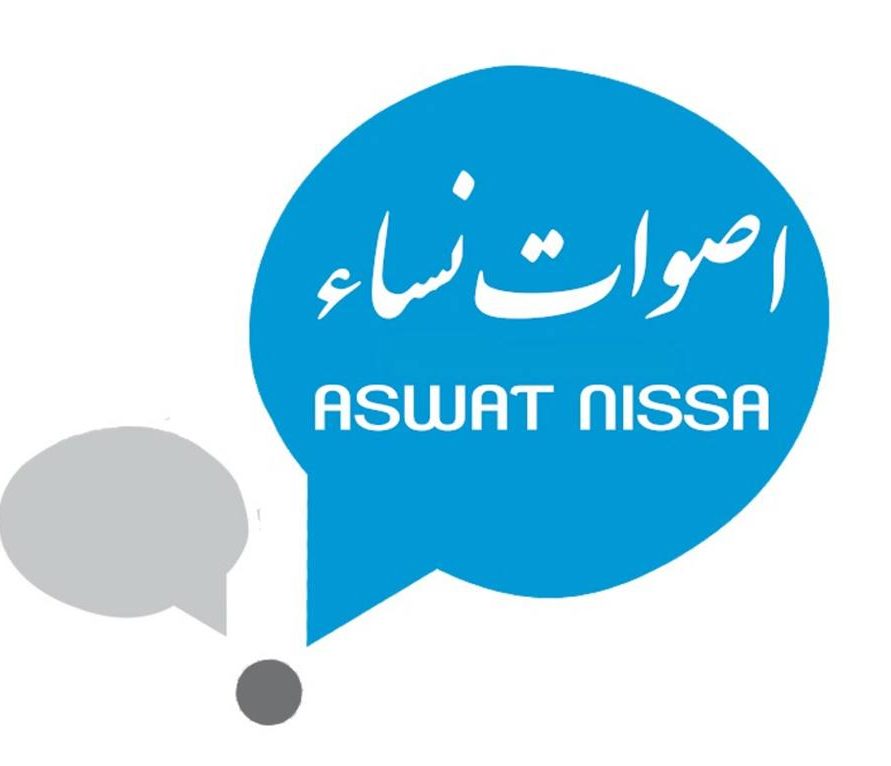Women’s Political Academy 2017
Women’s Political Academy 2017

- Building on five years of a strong collaboration with Tunisian political parties, Aswat Nissa, along with its partners Kvinna till Kvinna and Heinrich Böll Stiftung, launched the 2017 edition of the Women’s Political Academy in January. This program aims to support and guide young female politicians aged between 18 and 35 years old – who play an active role within their political party and who will be running in the 2018 municipal elections. The training shall reinforce their leadership skills; those abilities will provide them the necessary tools to become active agents of change and engaged activists for gender equality within their political party and their community.
The 2017 Women’s Political Academy revolves around 7 different components, namely: - Leadership and Decision-Making
- Electoral Campaigning
- Communication and Public Speaking
- Gender Equality
- Local Governance and Decentralization
- Gender Mainstreaming in Public Policies
- The Status of the Tunisian Woman
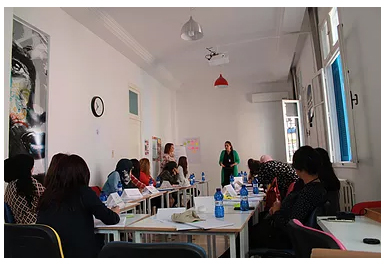
Leadership and Decision-Making
The first training session of the Women’s Political Academy aimed to stimulate the women’s leadership. To reinforce their leadership skills, the training helped them identify the obstacles that might impede their self-confidence and helped them envision their political goals.
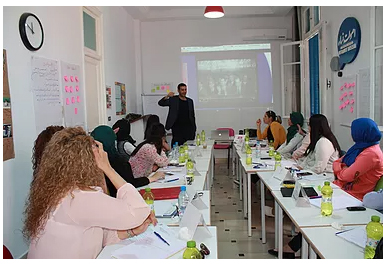
Communication and Public Speaking
Following the first training during which women candidates sharpened their leadership skills, they had the opportunity to work on their public speaking skills in a political context through a three-day specialized training on political communication and public speaking. During this training, the young women analyzed different types of political discourse (including verbal and non-verbal communication) in order to gain insight on how to communicate effectively during the municipal elections.
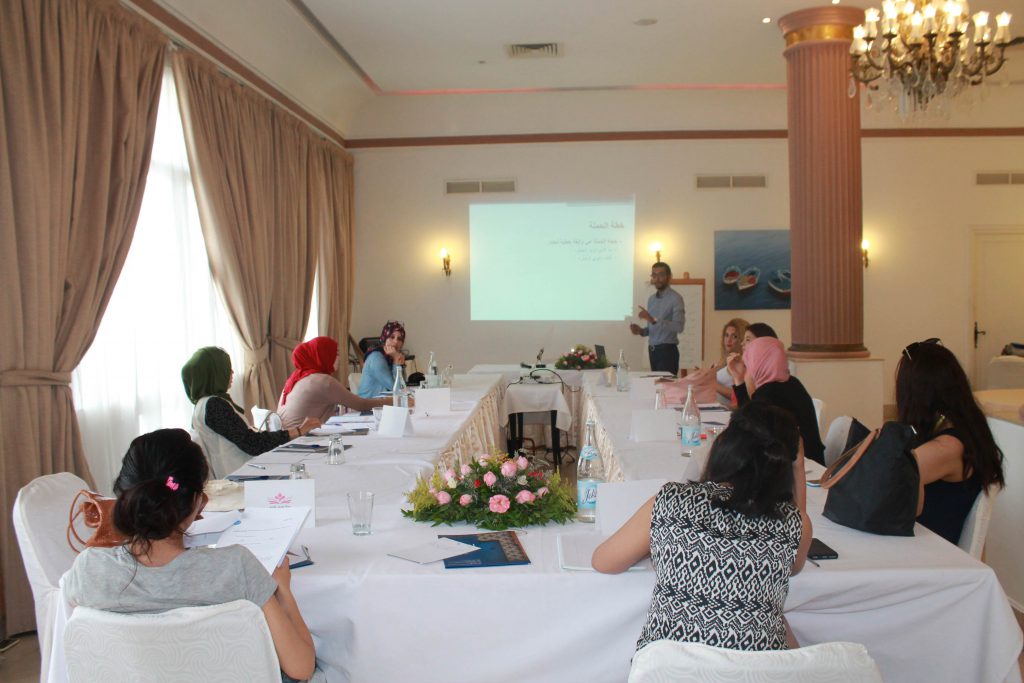
Electoral Campaigning
During this training, women candidates explored different key elements to an electoral campaign, such as specific voter targeting, fundraising, volunteer management and coordination, while learning about all legal rules and principles surrounding electoral campaigns that must be respected. Those new tools enabled women candidates to better manage their campaign and to efficiently target their audience.
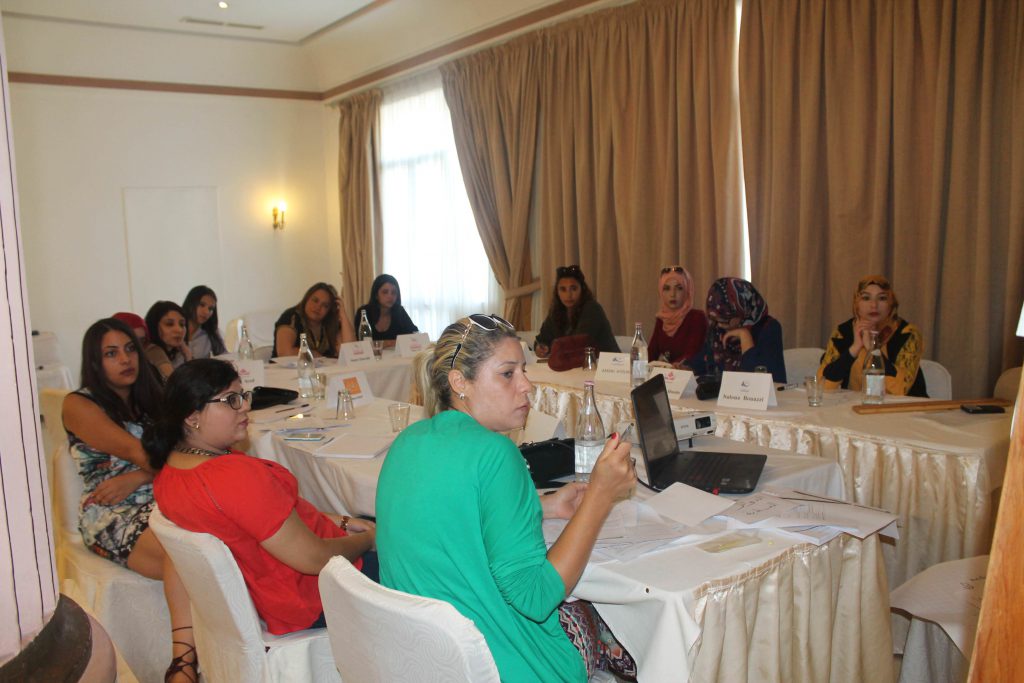
Local Governance and Decentralization
During the training on local governance and decentralization, women participants came to understand local electoral mechanisms, as well as the importance of a municipal council. They were also informed of the challenges facing local governance. The goal was to prepare the women candidates to exercise their power in the specific context of local political instances.
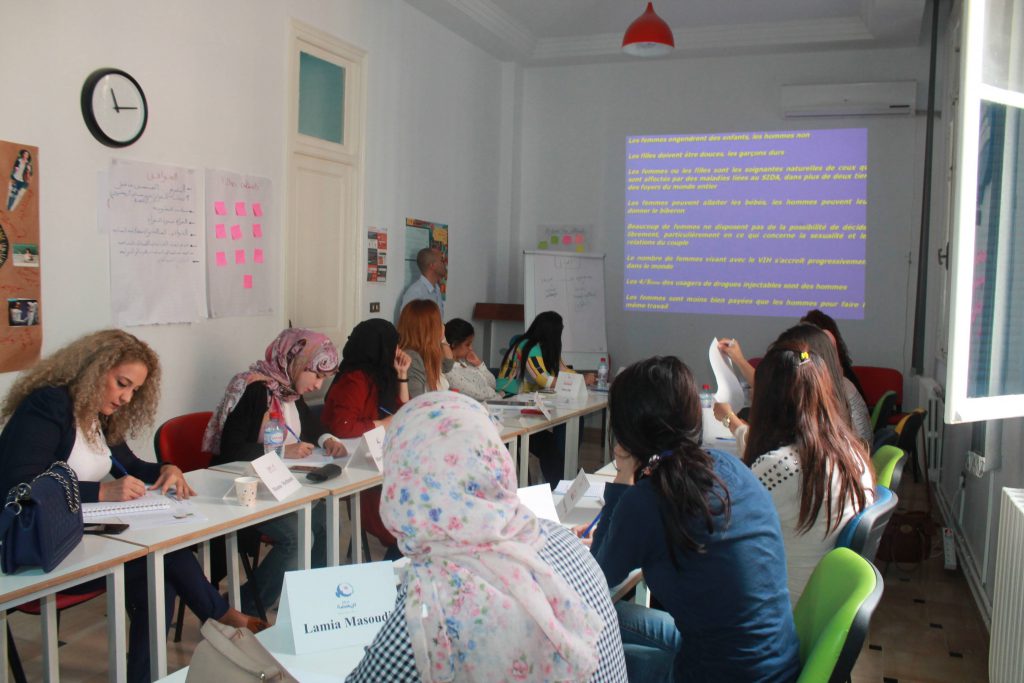
Gender Equality
During this session, women candidates learned more on the topic of gender and how it interacts with people and society. Women became aware of the distinction between gender and sex, and of the many stereotypes surrounding the social conceptions of men and women. They also learned to reflect on how politics, education and the economy can reinforce these stereotypes and gender discrimination.
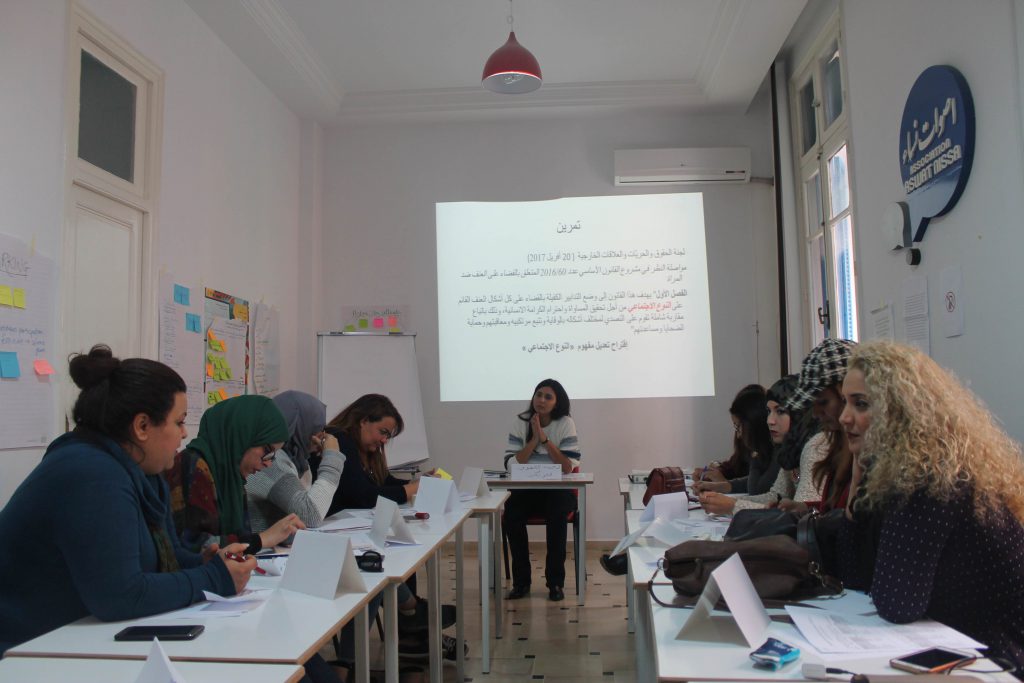
Integration of the Gender Approach within Public Policy
Now familiar with the concept of gender, women candidates were then introduced to gender mainstreaming in public policy. The candidates learnt the importance of using gender-sensitive indicators to evaluate their political projects and initiatives. Accordingly, they became aware of the importance of a substantive integration of gender within the political sphere to foster greater gender equality in Tunisia.
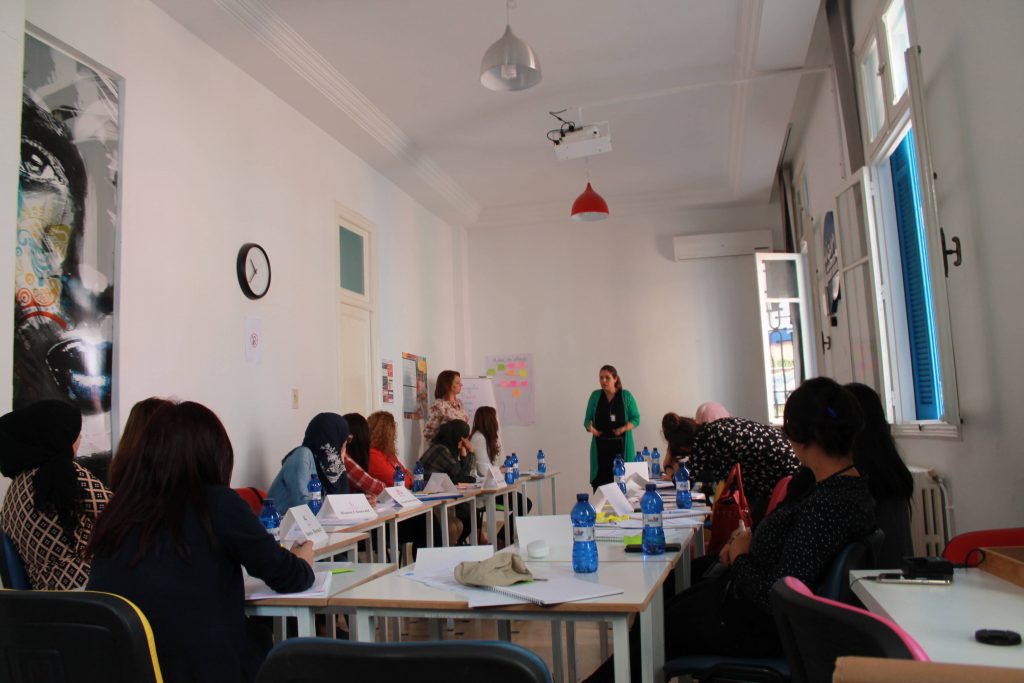
The Status of the Tunisian Woman
At the end of this two-day training, women candidates had a strong theoretical and practical knowledge of the status of Tunisian Women as defined per the Tunisian Constitution and international law. They became familiar with the various international conventions concerning women’s rights signed and ratified by Tunisia. Moreover, women discussed the Comprehensive law on violence committed against women and the necessity to actively pursue gender integration to ensure women’s social and economic rights.
